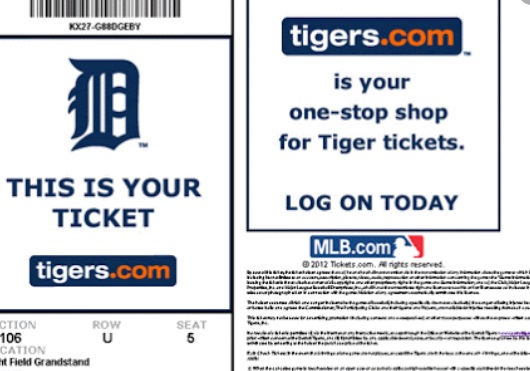MLB Fans and Ticket Refunds
 Wednesday, July 1, 2020 at 8:34AM
Wednesday, July 1, 2020 at 8:34AM Major League Baseball announced this week that it reached a deal with the MLB Players Association on a plan to move ahead with a 60-game, coronavirus-shortened 2020 season. But the league still has no plan to refund fans who purchased tickets for games that may not be played as scheduled this season, played with fans—or played at all.
In response to Milberg Phillips Grossman filing a class action lawsuit against MLB in April over the league's directive not to issue refunds, the league directed its 30 clubs to develop their own ticket refund polices for games already postponed by the COVID-19 pandemic, opting against a league-wide policy. Some teams have offered refunds and credits for games through June, and others are offering credits toward 2021 regular season games in exchange for canceled 2020 games. At least one team—the Rangers—will allow anyone with tickets from the original 2020 schedule to get a refund.
Without a clear league policy to immediately refund all ticket purchases for every 2020 game for every team, however, fans are left with more questions than answers at a time when many are already dealing with huge challenges from the pandemic.
"During unprecedented uncertainty and financial hardship, Major League Baseball is playing games with fans," said Milberg's Peggy Wedgworth. "The league's latest announcement does not properly address the issues raised by our lawsuit. We continue to pursue claims on behalf of ticket purchasers who have not received a full refund for the MLB 2020 season. We again emphasize that MLB team owners can do the right thing now and refund the money. It is disappointing that the owners continue to have access to an interest-free loan at the expense of the ticket purchasers."
MLB's proposed 60-game regular season schedule has yet to be finalized. It's also unclear what—if any—the league's policy will be for allowing fans. An agreed-upon 101-page health and safety protocol, which describes hundreds of changes for the 2020 MLB season, mentions the possibility of having fans at games only once. In June, sources told the Dallas Morning News that MLB is "inclined to allow local and municipal governance to take precedence when it comes to allowing fan attendance at games."
Regardless of fan attendance policy, the league is cutting more than 100 games from the 2020 schedule originally released last August. Teams' 60 games are likely to be played against different opponents, on different dates, and in different locations. And with coronavirus cases surging in many states, including among MLB players and staff, fans might opt to stay home no matter how the season unfolds. Nearly 3 in 4 Americans say they would not return to live sporting events before the development of a coronavirus vaccine.
Nate Silver's FiveThirtyEight calculates that a canceled season would have meant an estimated $10 billion in revenue loss. In 2019, the average cost for a family of four to attend a game was almost $250. Even without fans at games, MLB owners are projected to bring in $5.4 billion this year.
"Since the season was first postponed in March, Major League Baseball has refused to do right by its fans," said Milberg Phillips Grossman Senior Partner Marc Grossman. "MLB is doing everything it can to salvage the 2020 season and limit its own economic losses, while ignoring losses to fans from ticket sales. Until MLB provides refunds to fans who purchased tickets for the 2020 season, it will hold those fans in limbo."
To learn more about Milberg's MLB ticket refund lawsuit, including answers to ticketholder FAQs, please visit the website.

